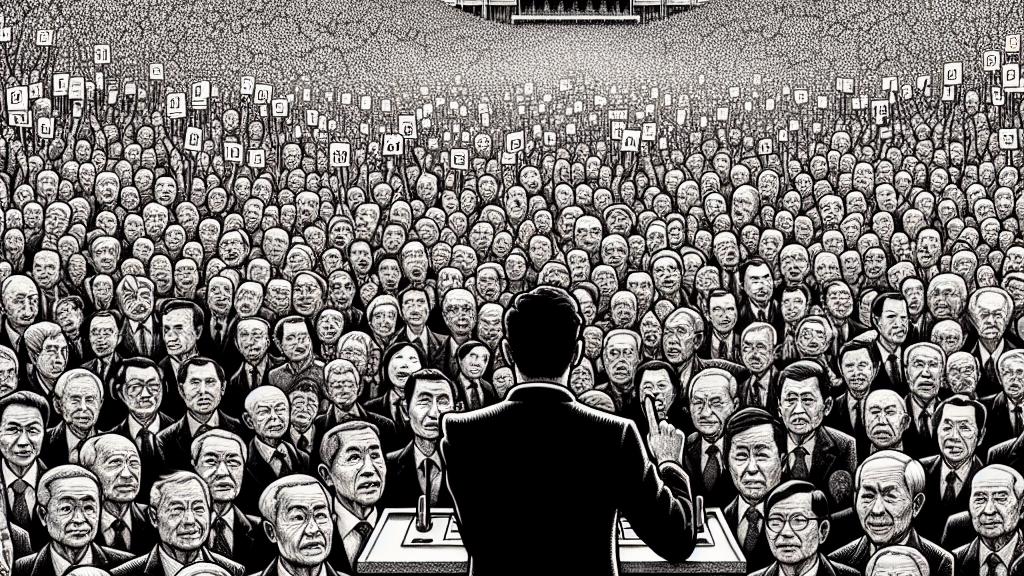Historic Second Round in Sri Lanka's Presidential Election
Overview
- For the first time in history, Sri Lanka's presidential election has entered a second round of counting.
- Anura Kumara Dissanayake currently leads with about 39.5%, signaling a significant political shift.
- The critical second preference votes will determine who ultimately claims victory in this landmark election.

A Groundbreaking Shift in Sri Lankan Elections
On September 22, 2024, Sri Lanka made history by moving to a second round of counting in its presidential election—a rare and significant event in the nation’s political landscape. Located in South Asia, this vibrant island had never before encountered such a scenario, where no candidate managed to secure the essential 50% majority in the initial count. Unlike previous elections that typically delivered a clear winner, the outcome of this election exemplifies a collective demand for change from a population weary of political stagnation. With Anura Kumara Dissanayake and Sajith Premadasa leading the race, the election reflects a turning point for a nation that has suffered through severe economic turmoil following the 2022 crisis, emphasizing the public's desire for new leadership and renewed hope for a better future.
Anura Kumara Dissanayake's Political Surge
Dissanayake, the leader of the Marxist Janatha Vimukthi Peramuna’s coalition, the National People’s Power (NPP), has emerged as a formidable contender, currently enjoying roughly 39.5% of the votes counted—an impressive gain compared to his past performance. His message, steeped in advocacy for the working class and a commitment to dismantling the entrenched political elite, resonates deeply with voters, particularly the younger generation. At his campaign rallies, Dissanayake passionately addresses pressing issues such as high living costs and unemployment, often citing real-life examples of struggling families and individuals to underscore his points. His ability to connect with the public reflects a broader discontent with traditional parties and encapsulates a desire for leadership that embodies genuine concern for the everyday citizen’s welfare.
The Pivotal Role of Second Preference Votes
As we eagerly await the outcome from this unprecedented election, the spotlight now falls on the second preference votes—arguably a game-changer in determining the new president. Sri Lanka’s electoral system, which allows voters to rank their choices, adds an intriguing layer of complexity to the process. This unique approach not only encourages broader participation but also acknowledges the diverse opinions of the electorate. Observers will be keenly watching how candidates adapt their strategies to appeal to undecided voters or those whose first choices did not make it to the final count. With the stakes so high, citizens are yearning for a leader who can guide them through recovery and restore stability. As the nation stands on the brink of potential change, the outcome of this election not only has immediate implications but may also reshape the future of Sri Lankan politics and governance in the years to come.

Loading...